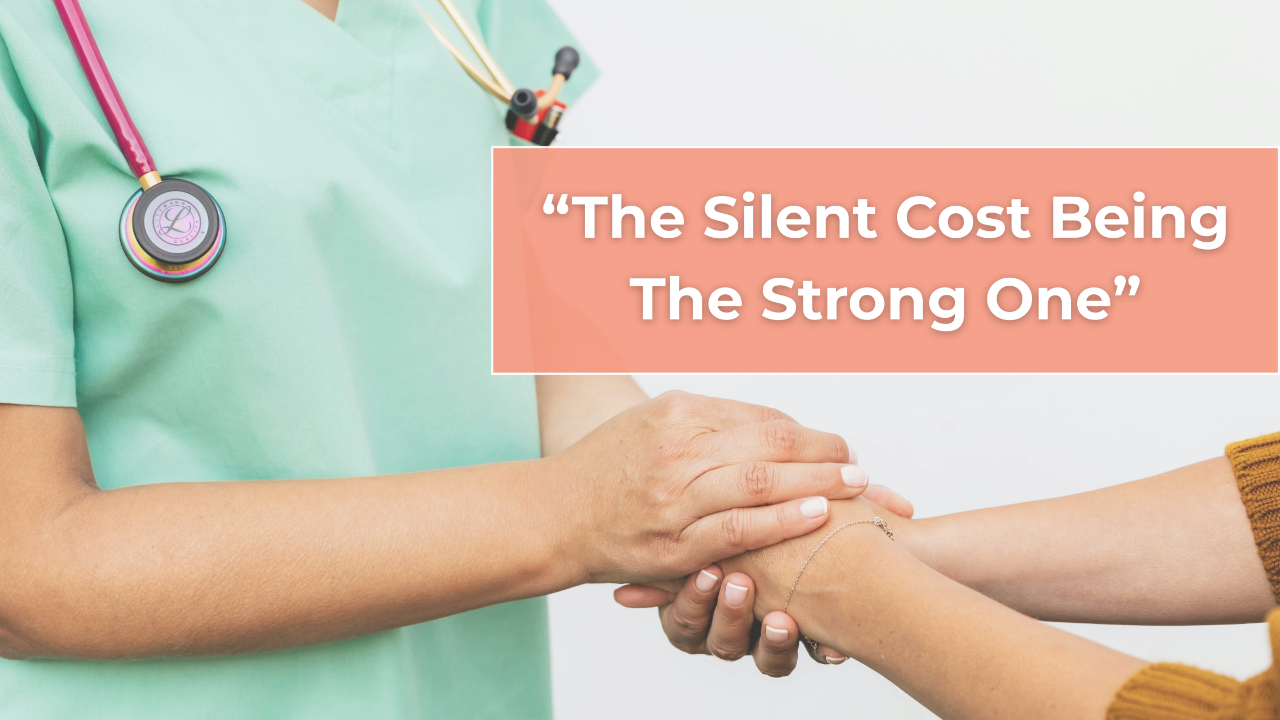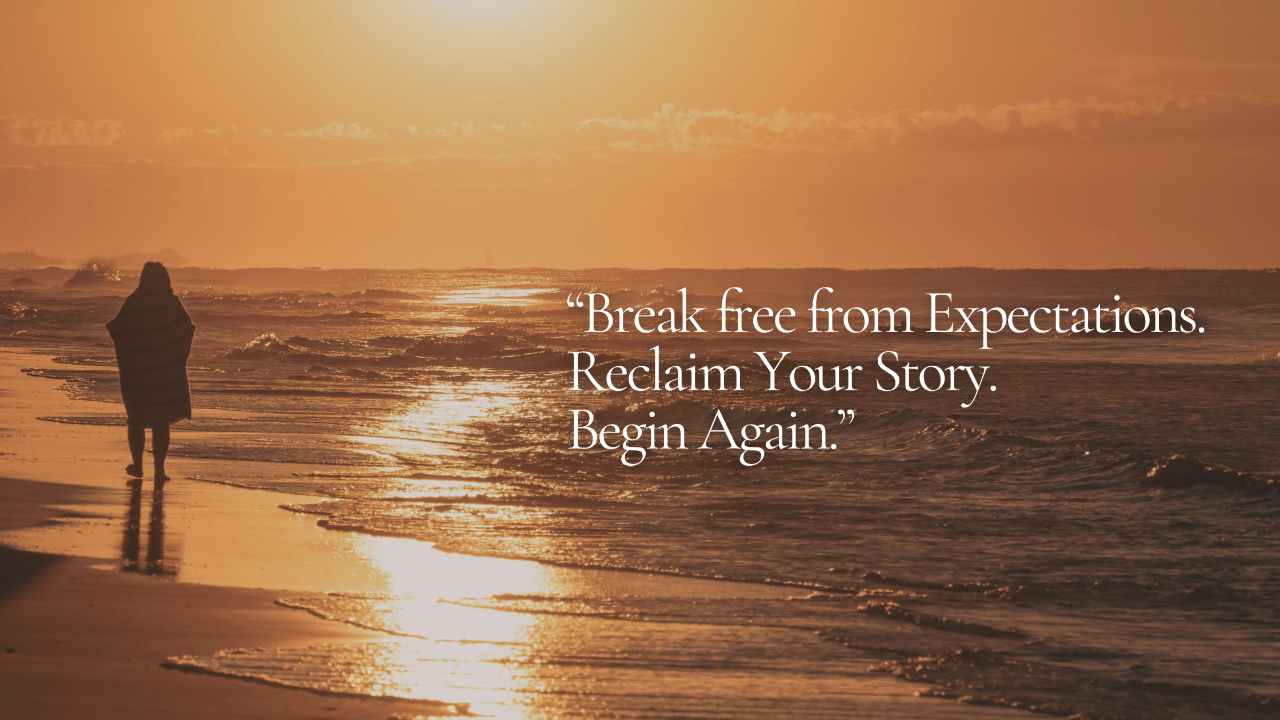How to Deal with Sad Feelings
May 29, 2024
Grief and sadness often feel like heavy clouds hanging over our hearts when we experience a significant loss. It's as if there's a deep ache within us, and no matter what we do, it's tough to shake off the weight of sorrow. While grief is commonly associated with the passing of a loved one, it can stem from various losses in our lives, such as bidding farewell to a treasured pet, parting ways with a close friend, losing a job, or even leaving behind a beloved place we once called home.
When we find ourselves in the throes of grief, it's crucial to recognize that feeling sad is okay. Allow yourself to experience the depth of your emotions, even if it means shedding tears or feeling overwhelmed. However, it's equally important to find healthy ways to cope with sadness so that it doesn't consume us entirely.

Here are some strategies to help navigate through periods of sadness:
1. Accept Your Feelings: Instead of trying to suppress or ignore your emotions, acknowledge them for what they are. Accept that it's natural to feel sad during times of loss, and give yourself permission to experience those emotions fully.
2. Take Care of Yourself: Pay attention to your physical and emotional well-being. Ensure you get enough rest, eat nutritious foods, and exercise regularly. Taking care of your body can positively impact your mood and overall outlook.
3. Beat Rumination: Rumination, or getting stuck in a cycle of negative thinking, can exacerbate feelings of sadness. Combat rumination by engaging in activities that distract your mind and bring you into the present moment. Whether it's going for a brisk walk, practicing deep breathing exercises, or immersing yourself in a hobby you enjoy, find ways to shift your focus away from negative thoughts.
4. Imagine a Bright Future: When sadness weighs heavily on your heart, it's easy to fall into a pattern of pessimistic thinking. Challenge these negative thoughts by envisioning a brighter future for yourself. Allow yourself to dream and set goals that inspire hope and optimism.
5. Cultivate Mindfulness: Mindfulness involves being fully present and aware of your thoughts, feelings, and surroundings without judgment. Practice mindfulness techniques such as meditation, deep breathing, or body scans to cultivate a greater sense of calm and inner peace.
6. Try Cognitive Reappraisal: Cognitive reappraisal is a technique used to reinterpret negative situations in a more positive light. When faced with a sad or challenging circumstance, try reframing it in a way that highlights potential opportunities for growth or learning.
7. Make a Happiness Plan: Create a structured plan to incorporate activities and practices that promote happiness and well-being into your daily life. Identify specific actions you can take, such as spending time with loved ones, pursuing hobbies, or practicing acts of kindness, and schedule them into your routine.
Remember, overcoming sadness is a gradual process that takes time and patience. Don't hesitate to seek support from friends, family, or mental health professionals if you find yourself struggling to cope. With perseverance and self-care, you can navigate through periods of sadness and emerge with renewed hope and resilience.

Knowing When to Get Professional Help
If you've been feeling sad for a long time and it's affecting your daily life, it might be time to seek professional help. Depression is a severe condition that can be treated with therapy or medication. Don't be afraid to reach out for help if you need it.
If you're struggling to cope with sadness, The Coach Collective can support you. Whether you're dealing with depression or need some help finding healthier ways to cope, there are people who can help you feel better.
View The Entire Collection
See all our blog posts to discover valuable insights and tools for navigating trauma and healing with guidance and support.












